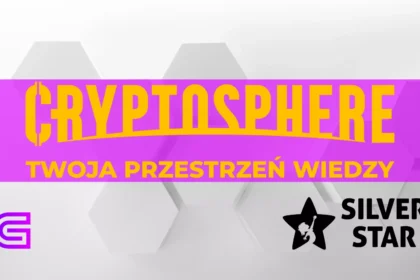In the ever-evolving landscape of game development, Web3 has emerged as a groundbreaking paradigm that offers exciting opportunities and challenges for developers.
As the digital frontier continues to expand, developers must navigate through various obstacles to create immersive and innovative gaming experiences. In this article, we will explore the key challenges faced by Web3 game developers and provide valuable insights on how to overcome them.
Scalability and Performance Optimization
One of the primary challenges faced by Web3 game developers is ensuring scalability and optimizing performance. As the demand for immersive gaming experiences grows, developers must leverage cutting-edge technologies to deliver seamless gameplay and high-performance graphics. This involves implementing efficient network protocols, utilizing distributed systems, and optimizing rendering processes.
To overcome these challenges, developers can adopt advanced optimization techniques, such as content caching, data compression, and asset bundling. Additionally, leveraging cloud-based infrastructure and utilizing scalable databases can significantly enhance the scalability and performance of Web3 games.
Blockchain Integration and Smart Contracts
Web3 games often leverage blockchain technology to enable decentralized ownership and in-game economies. However, integrating blockchain and implementing smart contracts can be complex and pose challenges for developers. Ensuring seamless interactions between the game and blockchain, handling transactions securely, and maintaining data consistency are crucial aspects that require meticulous attention.
To overcome these challenges, developers can rely on well-established blockchain development frameworks and libraries. Smart contract auditing and rigorous testing processes can help identify and mitigate potential vulnerabilities. Furthermore, fostering an active community of players and developers can enhance the adoption and growth of Web3 games, driving innovation in the ecosystem.
User Adoption and Retention
Creating a captivating gameplay experience is essential, but it is equally important to attract and retain a loyal user base. In the highly competitive gaming industry, Web3 game developers face the challenge of standing out and enticing players to embrace their creations. Traditional marketing strategies may not suffice in the Web3 space, where community-driven initiatives and user engagement play a pivotal role.
To tackle this challenge, developers must focus on building vibrant and inclusive communities around their games. Engaging with players through social media, organizing virtual events, and offering unique in-game rewards can foster a sense of belonging and encourage user retention. Moreover, leveraging data analytics and user feedback can provide valuable insights for continuous improvement and tailored user experiences.
Security and Trust
In the Web3 gaming landscape, security and trust are of utmost importance. As players engage in decentralized environments and handle digital assets, ensuring the integrity of the game ecosystem becomes crucial. From safeguarding user data to preventing cheating and hacking attempts, developers must implement robust security measures.
To address security challenges, Web3 game developers should conduct thorough security audits, employ encryption techniques, and adhere to best practices in secure coding. Additionally, fostering transparency and providing clear information about data handling and asset ownership can build trust among players and foster a secure gaming environment.
Interoperability and Cross-Platform Compatibility
Web3 game developers often strive to create experiences that transcend traditional gaming platforms. Interoperability and cross-platform compatibility present challenges due to the diverse technologies and frameworks involved. Achieving seamless interoperability between blockchain networks, decentralized marketplaces, and gaming platforms requires careful planning and technical expertise.
To overcome these challenges, developers can adopt industry standards such as ERC-721 and ERC-1155 for tokenization and asset interoperability. Embracing cross-platform development frameworks and open standards can streamline the development process and facilitate seamless integration across multiple platforms.
Web3 game development holds immense potential for creating immersive and decentralized gaming experiences. However, developers must tackle various challenges to stand out in the digital frontier. By addressing scalability and performance optimization, blockchain integration, user adoption and retention, security and trust, as well as interoperability and cross-platform compatibility, developers can pave the way for a thriving Web3 gaming ecosystem.
Remember, success in the Web3 space is not solely determined by overcoming these challenges, but it is undoubtedly a step in the right direction. Embracing innovation, fostering collaboration, and continuously adapting to the evolving landscape will empower developers to shape the future of gaming in the digital age.









